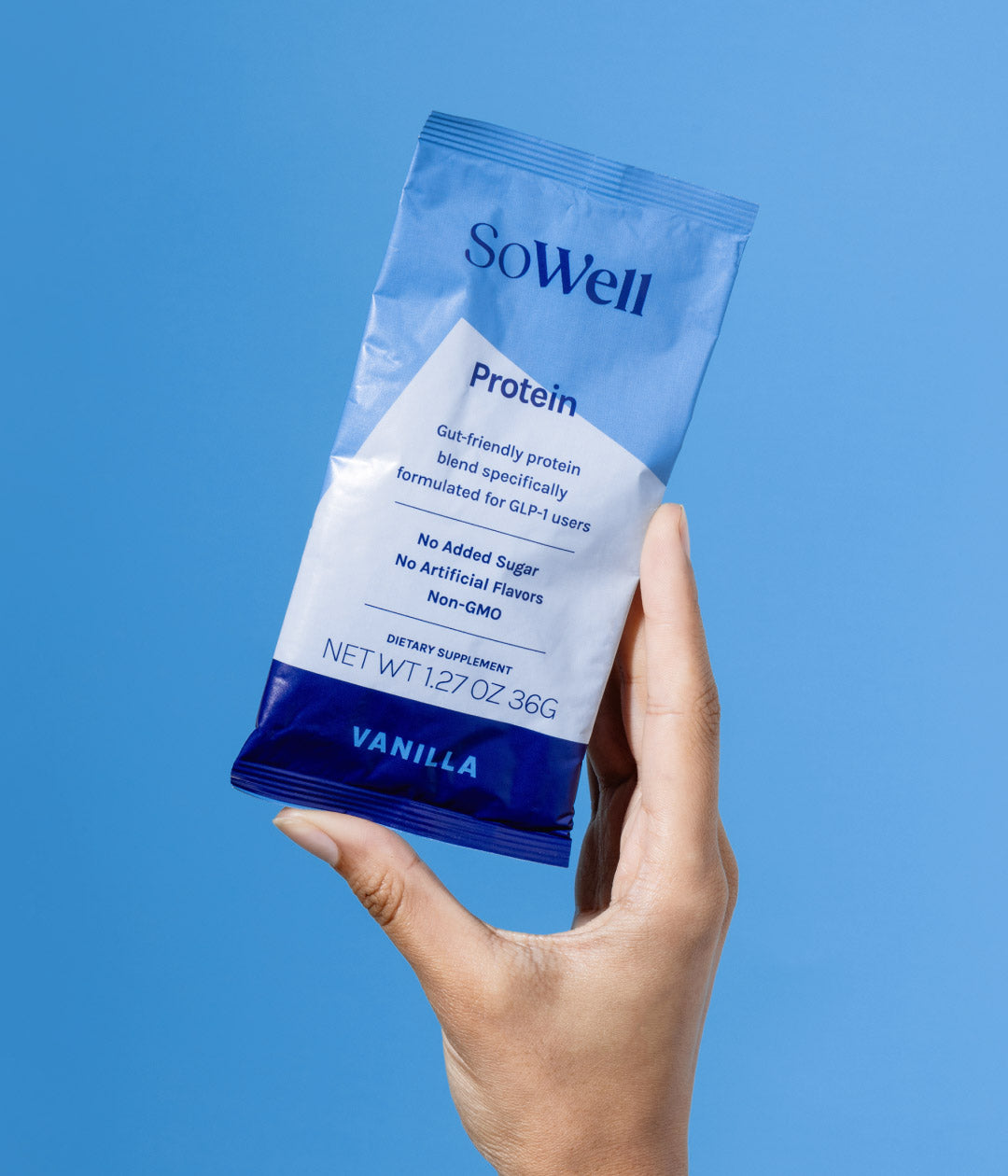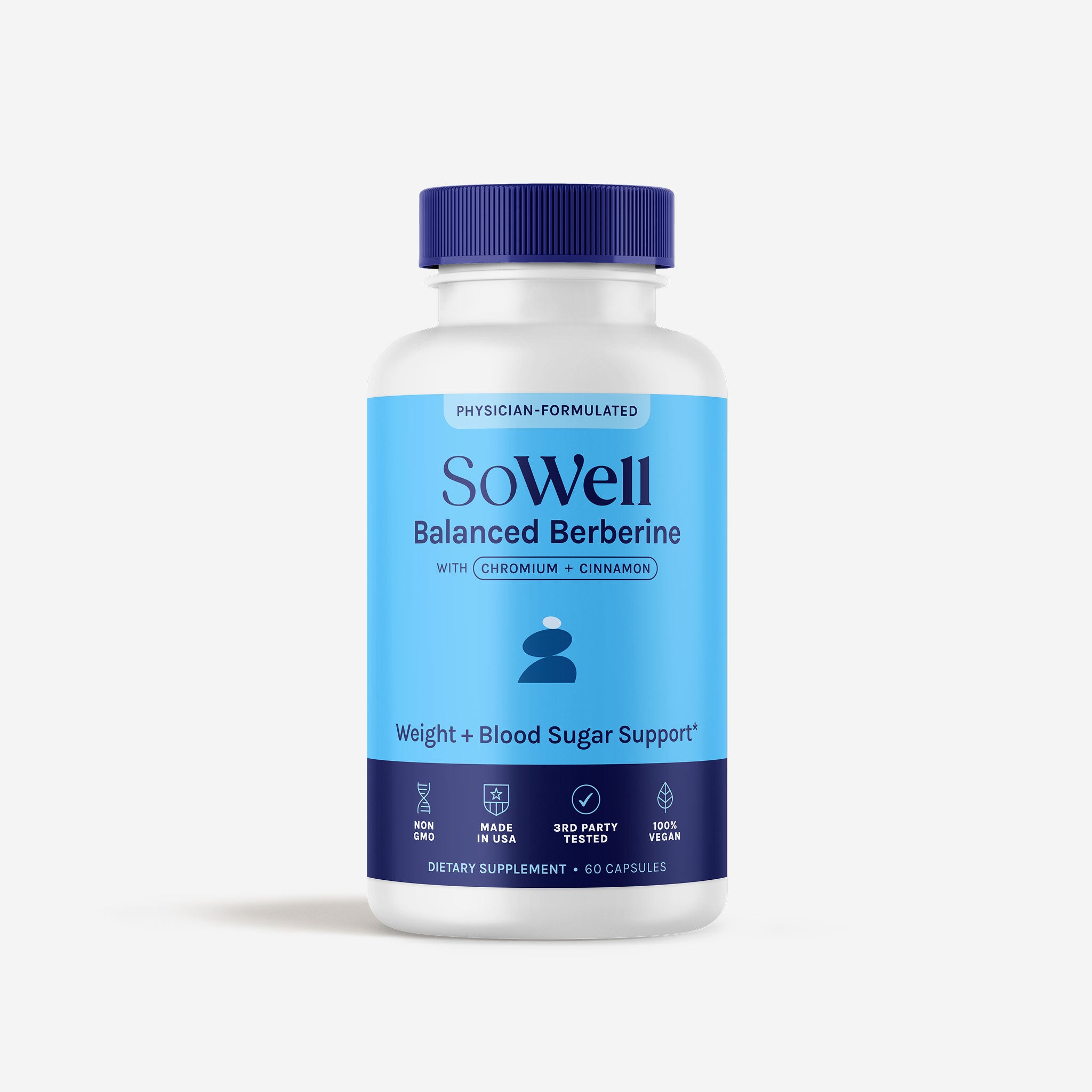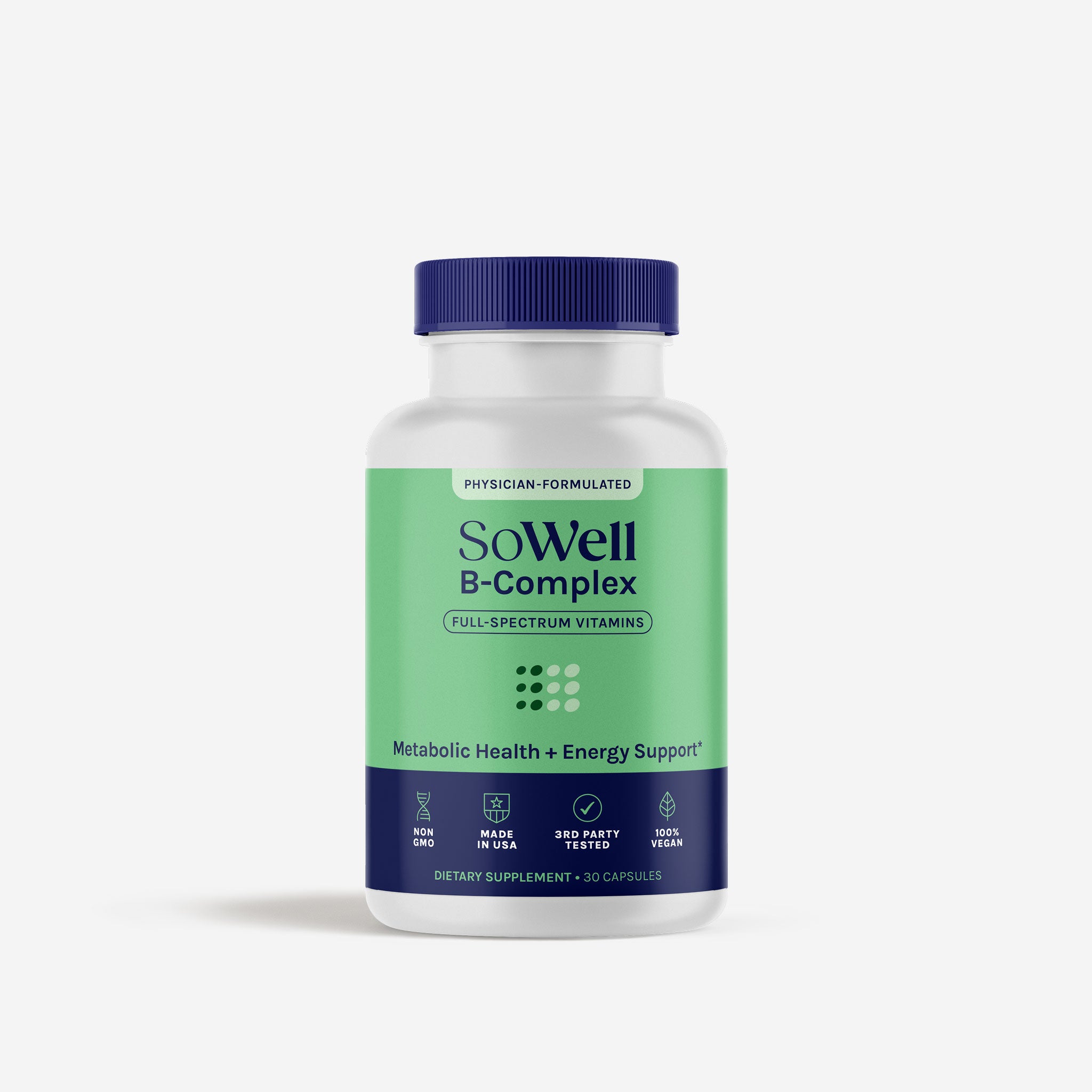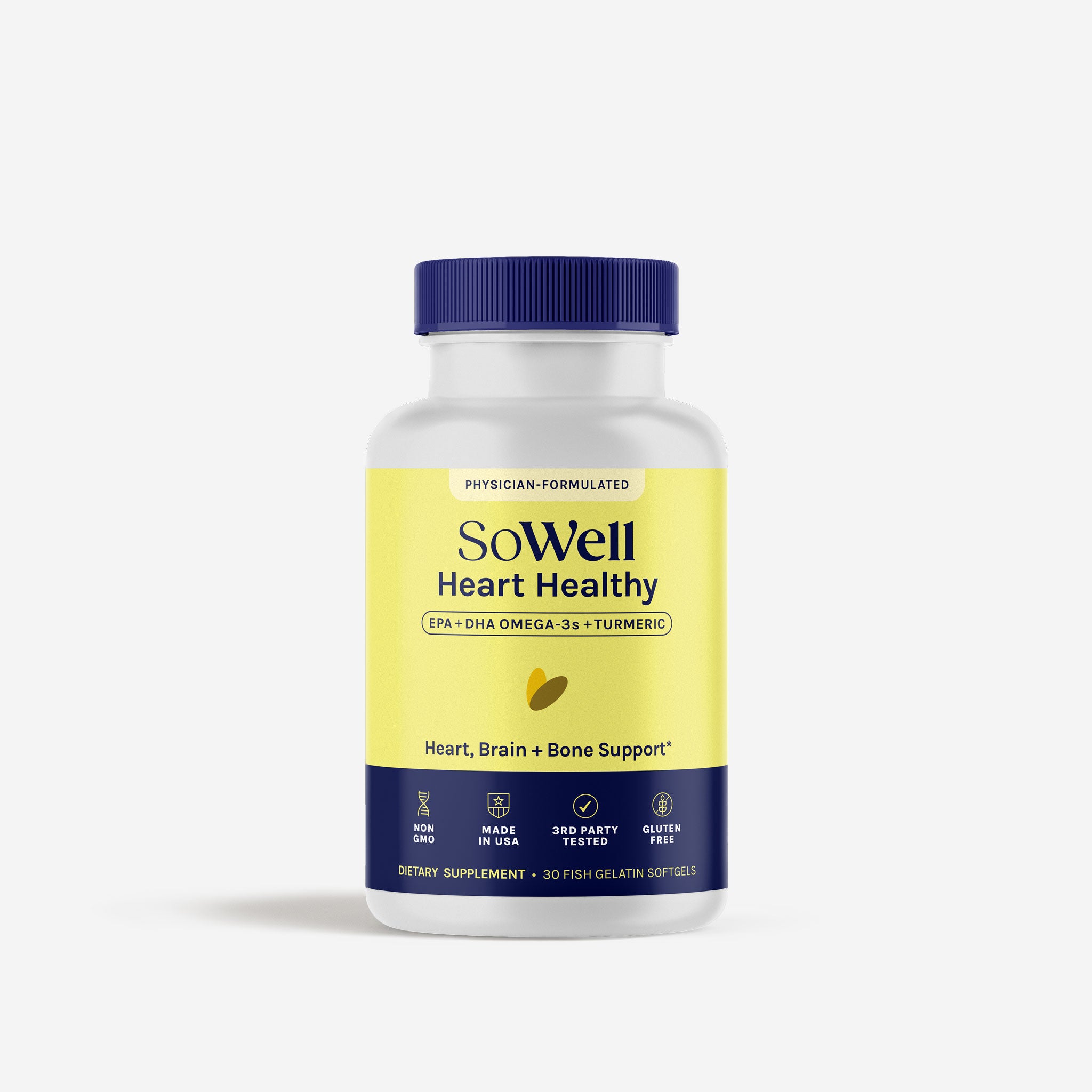
In the Weight Biology Kit, we test for 8 key biomarkers that help paint a picture of your metabolic health. We don’t just test for labs – we help you to understand them like a specialist doctor would and give you additional resources to help you understand next steps.
While some of our individual markers might look similar to what you’ve had done at your annual physical in the past, in one test we help you evaluate all of the labs that matter when it comes to your metabolic health. By testing these labs together, we’ll show you how they can impact one another and help you see the big picture beyond your results.
The biomarkers we test for in the Weight Biology Kit can also help you figure out if you are at risk for developing a number of metabolic conditions, a list of which you can find on our website on the How It Works page. If you’re wondering if the Weight Biology Kit is right for you, we created this guide to help you access. Otherwise, keep reading for a deep dive into the 8 biomarkers we test for in the Weight Biology Kit:
Fasting Insulin
Insulin, a hormone secreted by your pancreas, helps the body regulate blood glucose levels. When the body becomes insulin resistant, the pancreas will increase its production of insulin to compensate, but increased levels of insulin can damage your overall metabolic health and make it very difficult to lose weight – and easy to gain weight.
Testing for fasting insulin is part of what makes the Weight Biology Kit super special. Fasting insulin is an underutilized tool in traditional medicine and when combined with fasting glucose, can help to diagnose early stages of insulin resistance. Having insulin resistance makes it difficult to lose weight and can lead to more complicated diseases down the road. It’s important to identify if you’re insulin resistant because it’s reversible with the proper care.
Fasting Glucose
A fasting glucose test tests the level of sugar in your blood after an overnight fast. Elevated fasting blood glucose levels point to insulin resistance and metabolic dysfunction. While fasting glucose can provide important information on it’s own, the Weight Biology Kit combines it with fasting insulin to help calculate insulin resistance.
We use your fasting insulin and fasting glucose labs to calculate your HOMA-IR score, a tool to identify subtle insulin resistance even before it is evident in more traditional screening measures like hemoglobin HA1c (HA1c) and fasting blood sugar.
% Hemoglobin A1C (HbA1c)
HbA1c is a measurement of the amount of glucose bound to the heme found in red blood cells. This measurement let’s you know how well your sugar levels have been controlled over the past 90 days and represents your average blood sugar over the past two to three months. It is a screening and diagnosis tool for pre-diabetes and type 2 diabetes mellitus.
Thyroid Stimulating Hormone (TSH)
Abnormal levels of Thyroid Stimulating Hormone (TSH) can be indicative of a thyroid condition. Low levels of TSH likely indicate an over-active thyroid (hyperthyroidism) while high levels indicate an underactive thyroid (hypothyroidism). The hormones your thyroid gland releases help regulate your metabolism, so either condition can make metabolic health and weight management challenging.
Vitamin B12
Vitamin B12, also known as Cobalamin, is an essential nutrient that our body needs, but does not produce. It is obtained by consuming animal products or supplementation. A Vitamin B12 deficiency can make you fatigued and can be a sign of inadequate or improper absorption, both of which make weight management and metabolic health more challenging.
HDL Cholesterol
HDL (High-Density Lipoprotein) is often called “good” cholesterol, because it can help prevent the buildup of plaque in the arteries. The Weight Biology Kit uses HDL as part of our investigation of Metabolic Syndrome.
LDL Cholesterol
LDL (Low-Density Lipoprotein) is often called “bad” cholesterol, because it carries cholesterol to the arteries, potentially leading to plaque build-up and atherosclerotic disease. While some laboratories estimate this number using a mathematical equation, our laboratory method measures LDL directly.
Triglycerides
Triglycerides are a type of fat that stores excess energy from your diet. When Triglycerides are elevated, it can often be a sign that your body is having a difficult time processing carbohydrates and can be a sign of metabolic dysfunction. In addition to HDL, the Weight Biology Kit uses triglycerides as part of our investigation of Metabolic Syndrome.

















